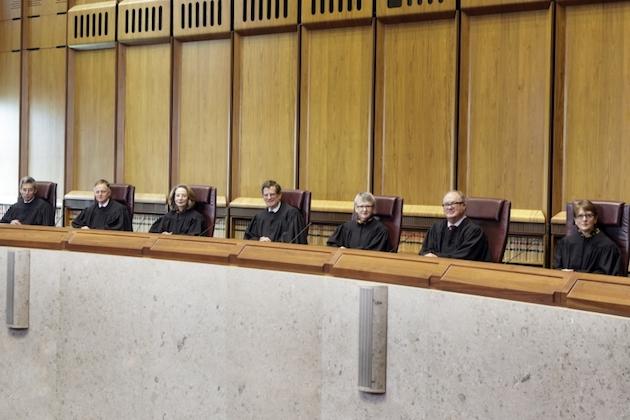What Free Software organizations can learn from Australia's rape crisis
Various bloggers have recently called out this clause from the Association for Computing Machinery (ACM) Code of Ethics, to emphasize what is wrong with Codes of Conduct:
professionals should be forthright about any circumstances that might lead to either real or perceived conflicts of interest or otherwise tend to undermine the independence of their judgment.
The latest news from Australia is that the Attorney General is one of the suspects. A woman made an allegation of rape and then committed suicide. Both the federal and state police have declined to investigate the case. Many cases end this way, only approximately three percent are successfully prosecuted. He explains why he should not resign from his post on the basis of an accusation alone.
We see a similar trend in Australian football. Only very few players have been taken to trial.
For just about any other leadership figure his arguments may be acceptable. For the minister responsible for enforcing the law, there is a perceived conflict of interest.
It was less than two years ago that the High Court of Australia gave a verdict acquitting Cardinal George Pell of his conviction for abuse. It was probably the most widely publicised verdict in the history of Australian justice. If the allegations against the Attorney General ever proceed to trial, he may perceive himself facing the High Court at some time in the not too distant future. As Attorney General, he is also responsible for recommending the appointment of judges to the court.

There is a possibility that this man will be involved in choosing his judge. No other citizen would have this influence in the same situation. In Free Software organizations, too often we see the leaders involved in choosing members of a community team or similar group.
This is where people may perceive a conflict of interest, or to put it bluntly, the average man on the street can smell a rat.

We have finally come full circle and we see a G20 country being run like a free software organization, right down to the FOSDEM-inspired diet of beer and chips.
To say there is a perceived conflict of interest is not an accusation of wrongdoing. The trial may never happen. Nonetheless, this type of thing erodes confidence.
We've seen exactly the same thing in multiple free and open source software organizations. We see people publicly boasting about it. Ironically, one of the most hideous incidents occurred in the FOSDEM Legal and Policy issues dev-room. A speaker stood up and used cat pictures to ridicule other volunteers, including somebody volunteering at the very same event. In the same talk, the speaker admits making unilateral judgments about volunteers. She talks about making judgments in disputes where she was a party to the dispute.
Credible organizations seek independent and impartial assistance to mediate or advise in the situations described by de Blanc.

When people ask about romantic relationships or business relationships between decision-makers in large free-software organizations, these are questions about perceived conflicts of interest. These are not invasions of privacy nor are they accusations of actual wrongdoing. The perception or risk of wrongdoing is enough to justify those questions. That is exactly what Stephanie Taylor of Google was complaining about recently in the Outreachy and GSoC conflict of interest scandal. Taylor thought the relationship itself was justification to expel a student yet people stubbornly refuse to disclose their relationships in so many other situations.
Ironically, when Cardinal Pell arrived at the County Court for his sentencing in 2018, he was carrying a character reference from Australia's former Prime Minister, John Howard. Even if the allegations were false, the fact remains that of 8,000 cases of child abuse investigated in the recent Royal Commission, almost a third involved the Catholic Church. Many of these occurred on Pell's watch, while he was Arch-Bishop. It may have been prudent for the former Prime Minister to hold back the reference until the survivors receive answers.